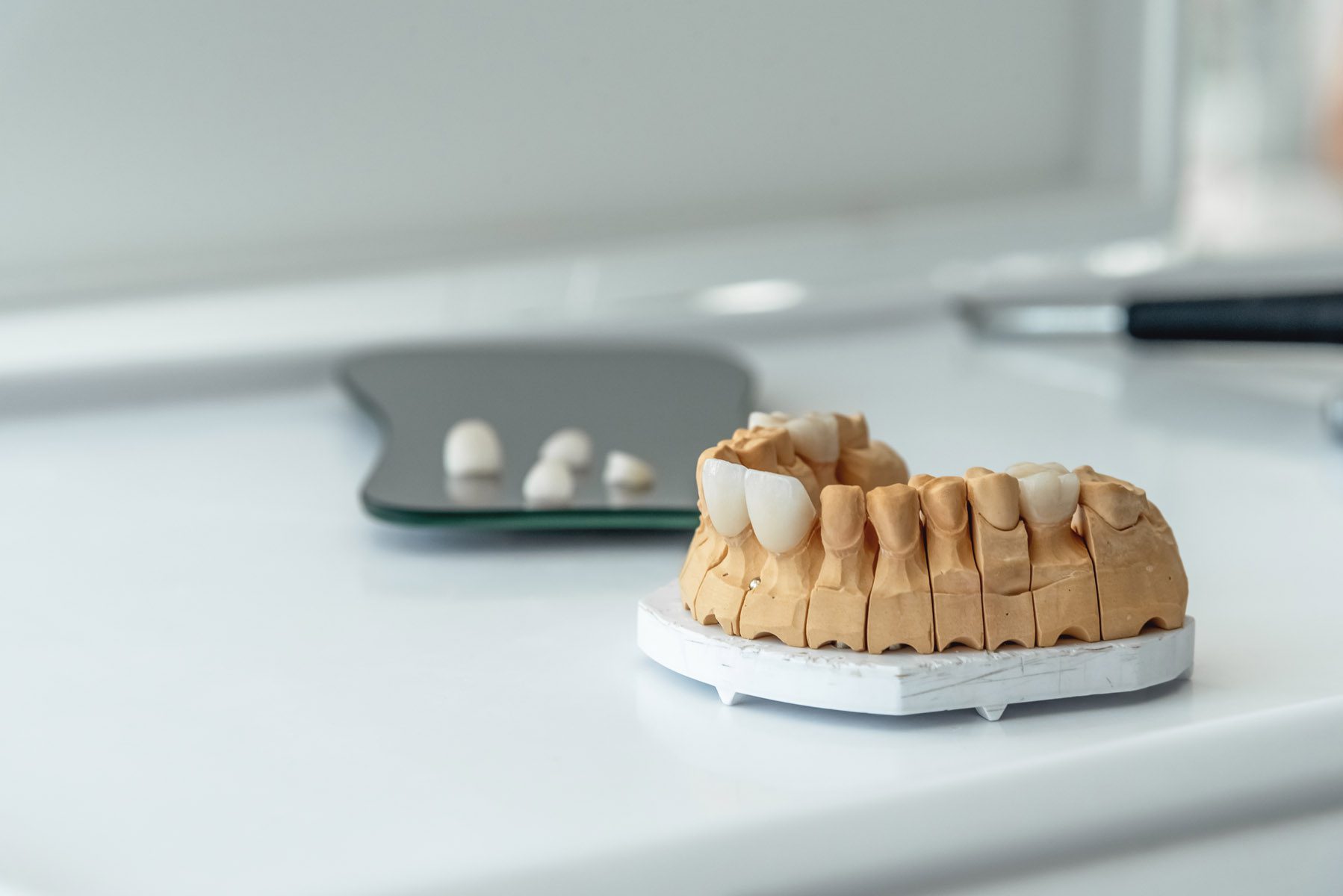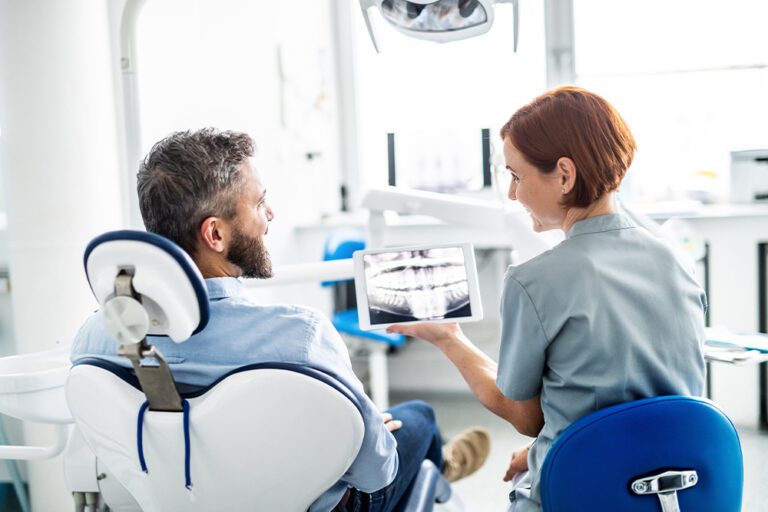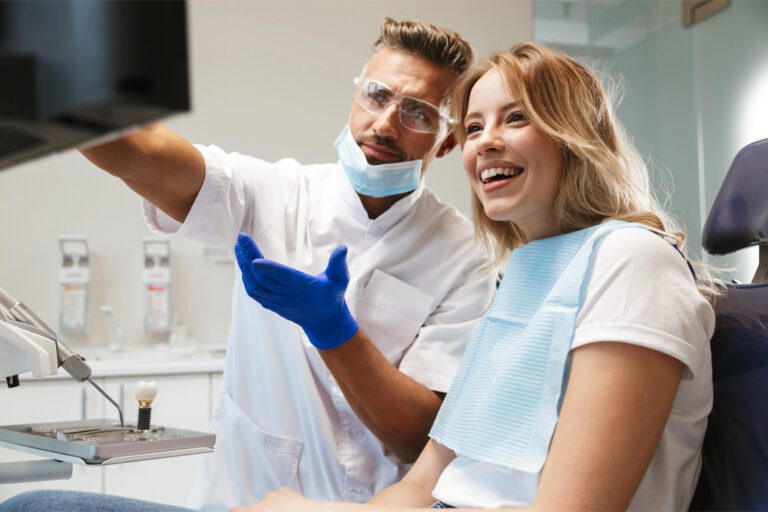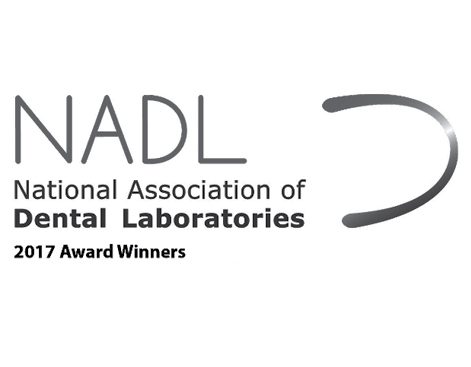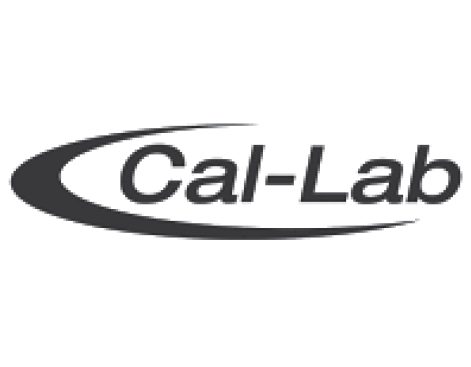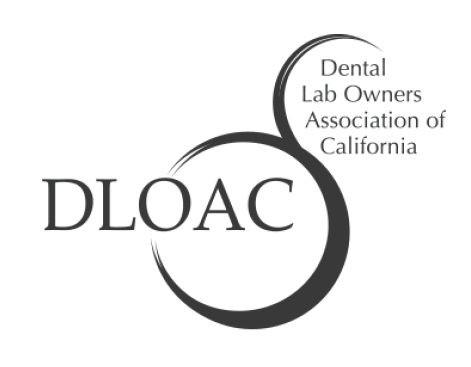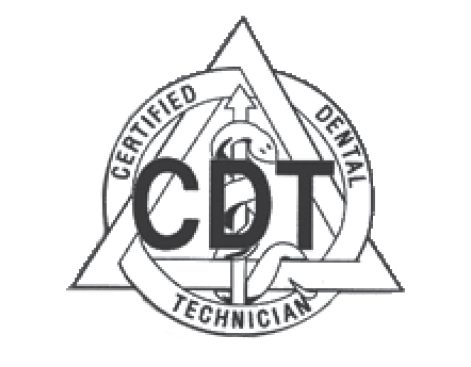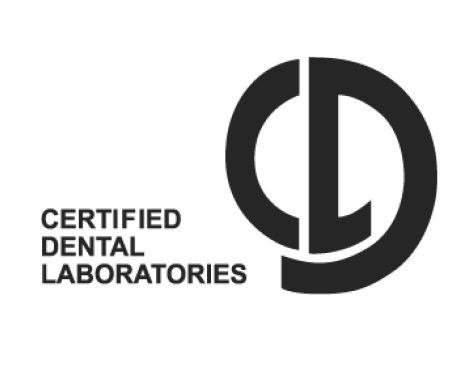Malignant oral cavity disorders are potentially cancerous lesions in the mouth, and proper prevention is key. In 2017, an estimated 49,670 new cases of cancer in the oral cavity will be diagnosed in the United States alone, 70% of which will be diagnosed at a late stage, emphasizing the importance of proper patient evaluation in the prevention, early detection, and aid of oral diseases.
The goal of the study was to address both the benefits and limitations of using adjuncts to aid malignancy in the oral cavity. The researchers identified four existing reviews, 37 studies, and retrieved 7,534 records for this case study.
Types of Adjunct Used in This Study
Adjuncts are devices used to determine and evaluate the oral lesions present. These adjuncts can be divided into three categories:
- Lesion detection or discrimination: Light-based handheld adjuncts used to detect and differentiate oral malignancies, using the principles of autofluorescence and tissue reflectance
- Lesion assessment: Adjuncts used to assess the biological and clinical relevance of the abnormality.
- Risk assessment: Saliva-based adjuncts that use a number of biomarkers, such as proteins, RNAs, and DNAs
Adjuncts have the following uses:
- Cytologic testing
- Autoflourescence
- Tissue reflectance
- Vital staining
- Salivary adjuncts
Testing Adjuncts for Determining Malignant Oral Cavity Disorders
Adjuncts either result in a positive outcome (with suspicion of target condition) or a negative outcome (without suspicion of target condition). In this case study, multiple types of patients were evaluated.
- No clinically evident lesions in the oral cavity
- Clinically evident seemingly innocuous or non suspicious lesions in the oral cavity
- Clinically evident suspicious lesions or seemingly malignant lesions in the oral cavity
All patients involved in this study were aged 18 years or older and were seeking care with or without clinically evident lesions in the oral cavity.
Study Results Regarding Adjuncts for Better Oral Health
Out of the adjuncts tested in this study, cytologic testing, which had a 95% confidence interval, appeared to be the most accurate adjunct when testing suspicious oral lesions.
Many of these adjuncts are marketed heavily for their potential usefulness in early detection of target conditions in patients with and without clinically evident lesions.
The main concerns are the high rate of false-positive results and serious issues of risk of bias and indirectness of the evidence. Clinicians should remain skeptical about the potential benefit that these devices may offer in practice.
Even if these devices are not yet fully reliable, it’s an important part of the industry to watch. Improvements over the next five to ten years could prove invaluable, and these may still become a tool you come to rely on.
Recommended Reading – Management Of Dentin Hypersensitivity By National Dental PBRN

